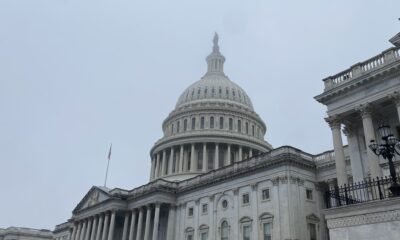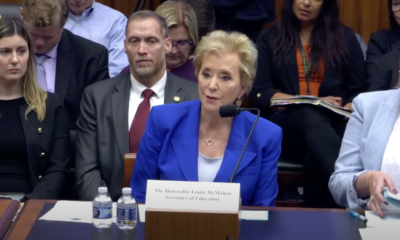Business
Tsunami Warning Lifted for U.S. West Coast Following 7.0 Magnitude Quake

The landscape of state representation in the United States remains diverse, encompassing a vast array of geographical regions. From Alabama to Wyoming, the list of states is extensive, highlighting the nation’s commitment to federalism. Each state contributes its unique cultural and legislative identity to the fabric of American governance.
In addition to the 50 states, U.S. territories like Puerto Rico and the Virgin Islands also play roles in national affairs. While these territories may not have full voting representation in Congress, they are essential in shaping policies that impact their communities. The complexity of representation raises questions about the rights and needs of citizens living in these areas.
Internationally, the United States shares relations with numerous countries and territories. This includes Canada, Mexico, and countries across the globe, indicating a deep network of diplomatic ties. Food, trade, and culture flow through this web of interaction, making global cooperation essential for national interests.
The demographic variety also extends beyond simple geography. Nations from Afghanistan to Zimbabwe represent a broad spectrum of humanity, each with distinct challenges and opportunities. Understanding these intricacies is vital as the world becomes increasingly interconnected.


















